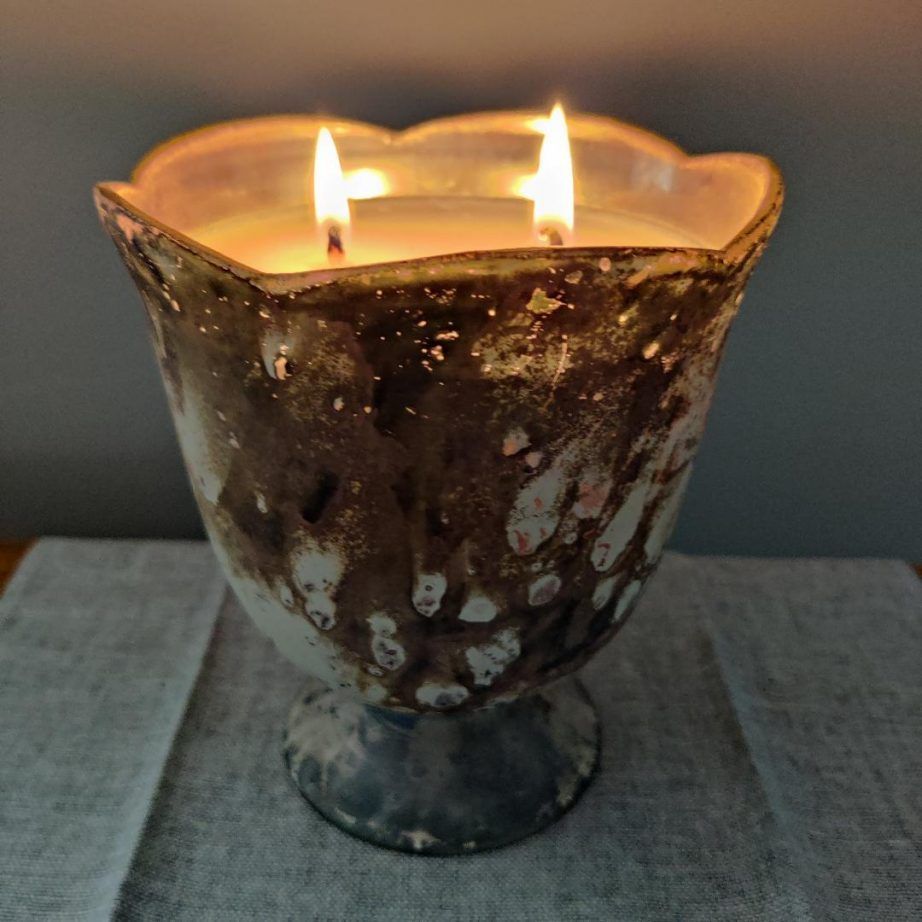Does grief make us behave as our truest self?
A few days ago, I read an article written by Mary Forrest Engel in which she described the impossible task of saying good-bye to her six-year-old child’s body. I was deeply touched by something she wrote, something so memorable that I added it to a little notebook of quotes I keep. What makes something quotable is its power to state a truth with elegance, its teachability, and its epigrammatic style. Engel’s words reminded me of the many quotes that have inspired my work as an educator of grief and loss. Here are few of my favorites, a kaleidoscopic view that begins with Engel’s startling words:
“Grief makes you do some seemingly weird things. Or maybe grief makes us behave in a way that is our truest self…” Mary Forrest Engel
Mary’s statement normalizes grief. The supposition that grief makes us behave as our truest self is profound. Unquestionably when we have lost something we held so dear, the only thing we can do is just be ourselves. Often there isn’t the energy or the will to do anything else. Perhaps with defenses down, we rightfully reveal who and what we are – nothing less, nothing more. Loss humbles us like nothing else.
“No one ever told me that grief felt so much like fear.” C.S Lewis
This is my all-time favorite quote about grief. It is the opening line in C.S. Lewis’ primer on loss in which he meticulously describes the pain of losing his soulmate. As a minister who has accompanied many people during the first days of grief, I bear witness to the tremendous fear people experience. Death has rocked their world, stunned their hearts and left them dazed. Most people express this reality as fear. Lewis’ book also offers a theological reflection of loss from the Christian perspective. In this regard, I think he has tapped into the utter truth that fear, not hatred, is the opposite of love.
“Grief is not a disorder, a disease or a sign of weakness. It is an emotional, physical, and spiritual necessity, the price you pay for love. The only cure for grief is to grieve.” Earl Grollman
I like Grollman’s declaration about the necessity to mourn because so often grief is considered a disorder, disease, or problem in need of recovery. Complicated, unresolved grief can intensify psychological disorders that pre-exist a loss, and the shock of grief can unsettle a soul, but healthy grieving is never a sign of weakness or a disorder. Mourning is the healthiest, most natural response to loss.
“There is a sacredness in tears. They are not the mark of weakness, but of power. They speak more eloquently than ten thousand tongues. They are the messengers of overwhelming grief, of deep contrition, and of unspeakable love.” Washington Irving
YES! Tears tell their own story, and we need to become skilled at listening to the tears of those who mourn. As messengers of unspeakable love, a person’s tears draw us into the depths of their heart – a mysterious, awe-filled place. To share a person’s tears is to walk on sacred ground, a holy privilege.
“There are three needs of the griever: To find the words for the loss, to say the words aloud and to know that the words have been heard.” Victoria Alexander
This is a favorite of mine, not only because of its truth, but because it offers the best strategy for moving forward when we are lost. Every loss whether a job, health, a home or a person we loved deeply, leaves us in unknown territory. The path to finding home again is in discovering the truth of the moment, naming that truth, and allowing others to bring us back to our source.
Take some time with these or some of your own favorite quotes, allowing them to germinate in your mind and heart. Use the comment section below to share your favorite quote about grief, so that other readers can add it to their favorites.
Winnie The Pooh
“How lucky I am to have something that makes saying goodbye so hard.”











